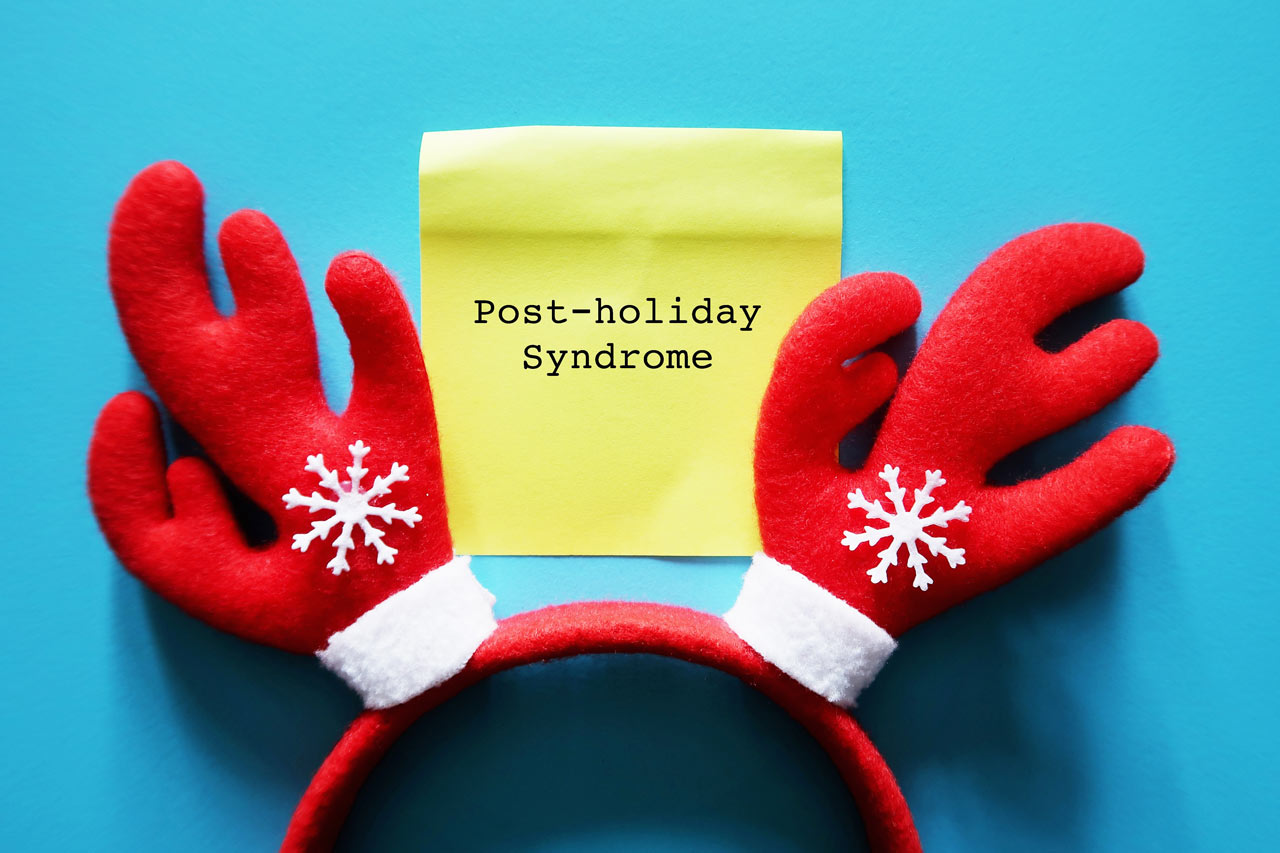Ever wonder if multiple calamities happening at once is your particular fate? Your mother is in the hospital, your son is suspended from school and your BFF is not talking to you. Why is all of this happening at once, you ask.
It’s not you, says Bruce Feiler, the bestselling author of several books in his latest Life is in the Transitions. Propelled by a personal crisis he was going through in which multiple things were happening simultaneously, he began a study of people going through major life changes. Changes in work, relationships, mental health, and other transitions were detailed in personal interviews and narratives. As part of the Life Story Project, he put together a team of people who coded the stories and began to identify the patterns and research about times of change. His book was published just before Covid hit and is so relevant for all of us now.
Life is no longer nonlinear with a logical, sequential order. Until recently, we knew what was expected. Youth, school, work, family, retirement, and poor health. It doesn’t work that way anymore; we go through disruptions about every eighteen months. These also include big disruptors that he calls lifequakes, the massive ones that lead to life transitions. They are major turning points that bring a completely new phase by choice. What this adds up to is more than half of one’s life is spent dealing with transitions. People over fifty are particularly unprepared for that chaotic new reality.

So how do we deal? How do we manage with the unpredictability of modern life? What is the point if things change on us so often? Finding meaning through a combination of Agency, Belonging, and Cause was what most people did, in various combinations.
- We can make an effort to be in charge and change our circumstances
- We can be supported and handle things by placing relationships at the center of our lives
- Another means that people use to cope with transitions large and small is deriving meaning from activism on behalf of a cause
The process of reconsidering life’s meaning helps propel us through the crises and help us move on. People revisit their motivations, trajectories, values, and priorities when lifequakes force a revisiting of life and meaning. There is potential in the transition from upheaval.

Covid brought a lifequake to everyone. People re-evaluated their lives and many made major life changes. Many chose not to work in the Great Resignation or chose other locations or work situations more aligned with what gives their lives meaning, combinations of agency, belonging, and cause chiefly.
So how do you reshape your life from the cataclysm of a lifequake? Examining what gives you meaning now, which sequence of A, B, and C defines you at that point, will help.
Feiler also categorized the major tools people used for navigating the transition from a lifequake to a new life infused with meaning:
- Accept It: Identify Your Emotions
- Mark It: Ritualize the Change
- Shed It: Give Up Old Mind-Sets
- Create It: Try New Things
- Share It: Seek Wisdom from Others
- Launch it: Unveil Your New Self `
- Tell It: Compose a Fresh Story
These tools are not necessarily used in sequence nor are people consciously aware that they are using them. There is no single formula for moving through a lifequake. However, it helps to know what other people have done to not only survive but also thrive because of big challenges. In addition, you will be able to tell your own redemptive narrative after navigating the massive transition. It’s not you. We all live the nonlinear life. The journey through can be made easier through learning the accumulated wisdom of Bruce Feiler’s Life Story Project. Read his book and be inspired. I did and I was.

Similar articles from Caring Professionals Home Care Agency





